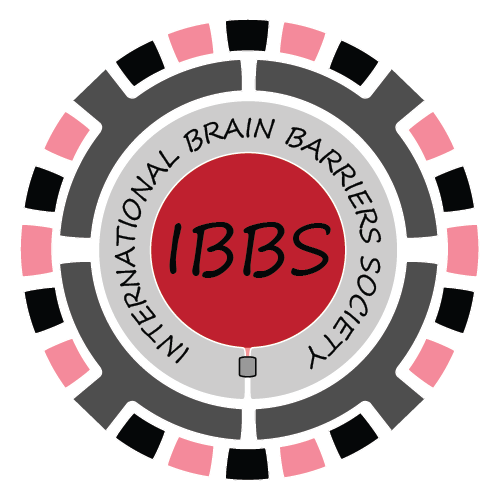Cerebrovascular Imaging Research in Neurodegenerative Diseases
The Urayama lab at the University of Texas McGovern Medical School at Houston is looking for a postdoctoral fellow or a Research Scientist to join a dynamic research team focused on the function of the blood-brain barrier in neurodegenerative disorders. This position is funded by multiple NIH research grants focusing on brain aging and neurodegeneration, in particular, Alzheimer’s disease, cerebral amyloid angiopathy, and lysosomal storage diseases.
Current projects are developed around in vivo two-photon microscopy imaging of cerebral vascular amyloidosis and TIRF-structure illumination microscopy for live-cell endo/lysosomal trafficking. Future work includes the integration of scanning probe microscopy to investigate plasma membrane events in aging. We strive to create a platform to regulate the intracellular trafficking of macromolecules across the blood-brain barrier.
The laboratory is fully equipped with a custom-build two-photon laser-scanning microscope with a fluorescent lifetime imaging capability and primary cell culture equipment. My group is a part of the UTHealth BRAINS research laboratories and the Graduate Program in Neuroscience. These entities form a vibrant research community (https://med.uth.edu/neurology/specialty-programs/brains-research-laboratory).
Applicants should have experience in quantitative imaging methods in vivo and in vitro, contemporary molecular/biochemical analyses, and computer programming and/or behavioral neuroscience. Software systems include both data acquisition and analysis using Arivis Vision 4D and Matlab.
Applicants are encouraged to apply directly to Aki Urayama (
Contact
Aki Urayama, PhD
Associate Professor
Department of Neurology
University of Texas Medical School at Houston




